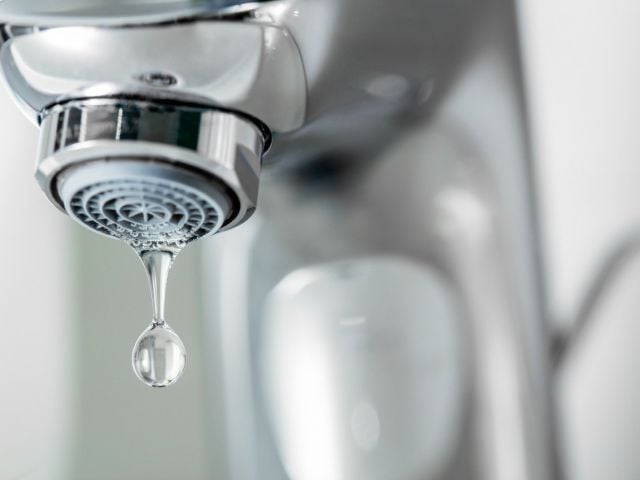Can fish really be “organic?” Well, that depends how the USDA shapes that definition in the coming years. Currently the agency has no standards for what qualifies a fish as organic and it seems they are moving towards guidelines that favor aquaculture—the factory farming of the sea—rather than wild caught fish.
This debate—between fishermen, fish farmers, and regulators is baffling since the organic movement is centered around food produced more safely for both those who eat it, and for the environment from which it comes. Most fish farms--it has been reported--put a heavy strain on the environment through unnatural concentration of
feces and uneaten feed. As for the quality of the fish, farmed salmon for example, can retain 16 times the dioxin-like PCBs found in their wild-caught counterparts.
According to Food & Water Watch, open-ocean fish farms require a minimum of three pounds of wild fish—caught and ground up--for every one pound of fish they send to market. With 90% of all wild fish populations scheduled to collapse by 2048, is it wise for the USDA to endorse as “organic” a practice which speeds up the depletion of our wild fisheries?
NY Times: Free or Farmed, When Is a Fish Really Organic? (28 Nov 06)
Food & Water Watch: Top 10 Problems with Offshore Fish Farming
Food & Water Watch: Aquaculture Drags Down Fish - and Jobs with It



